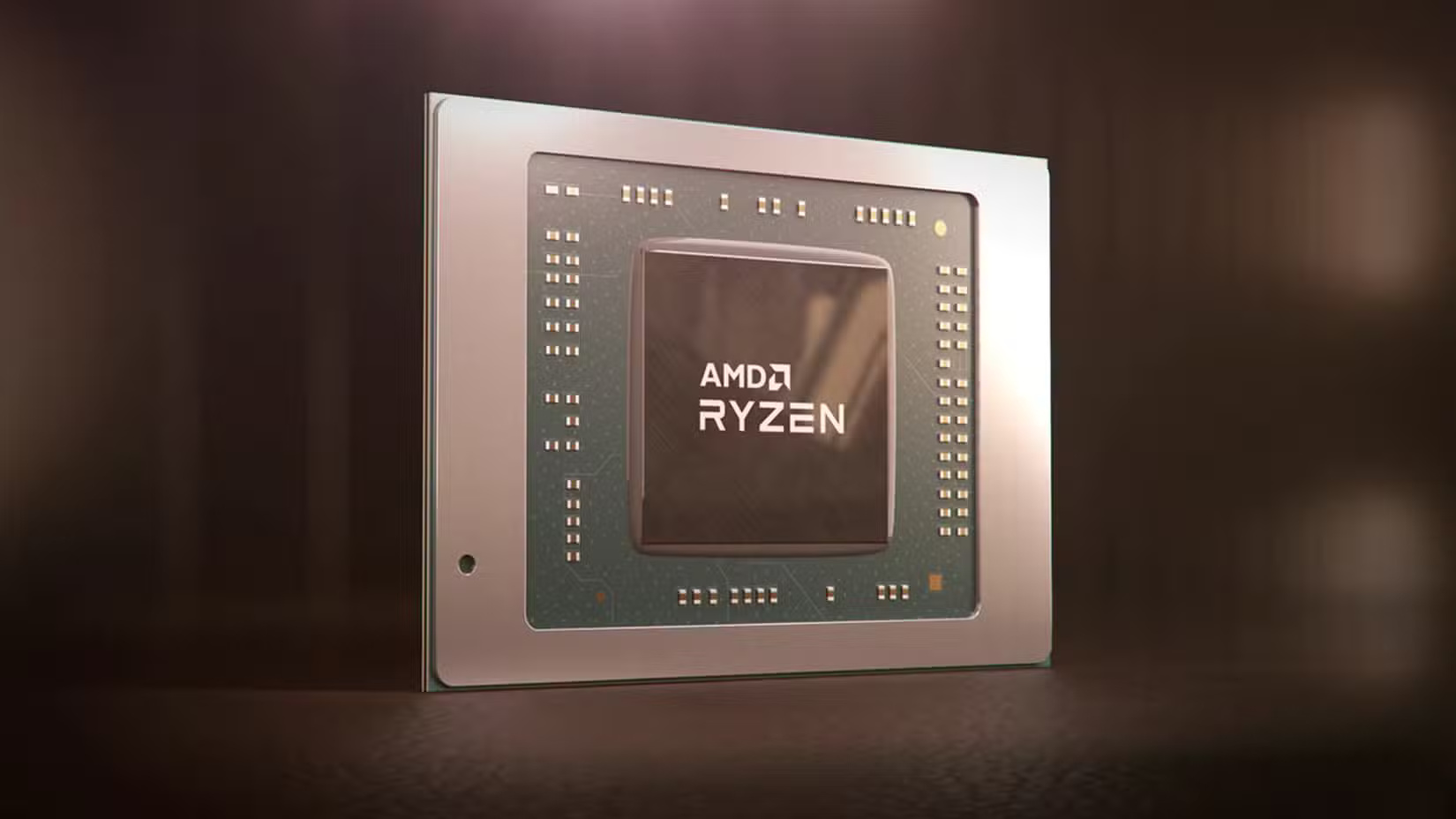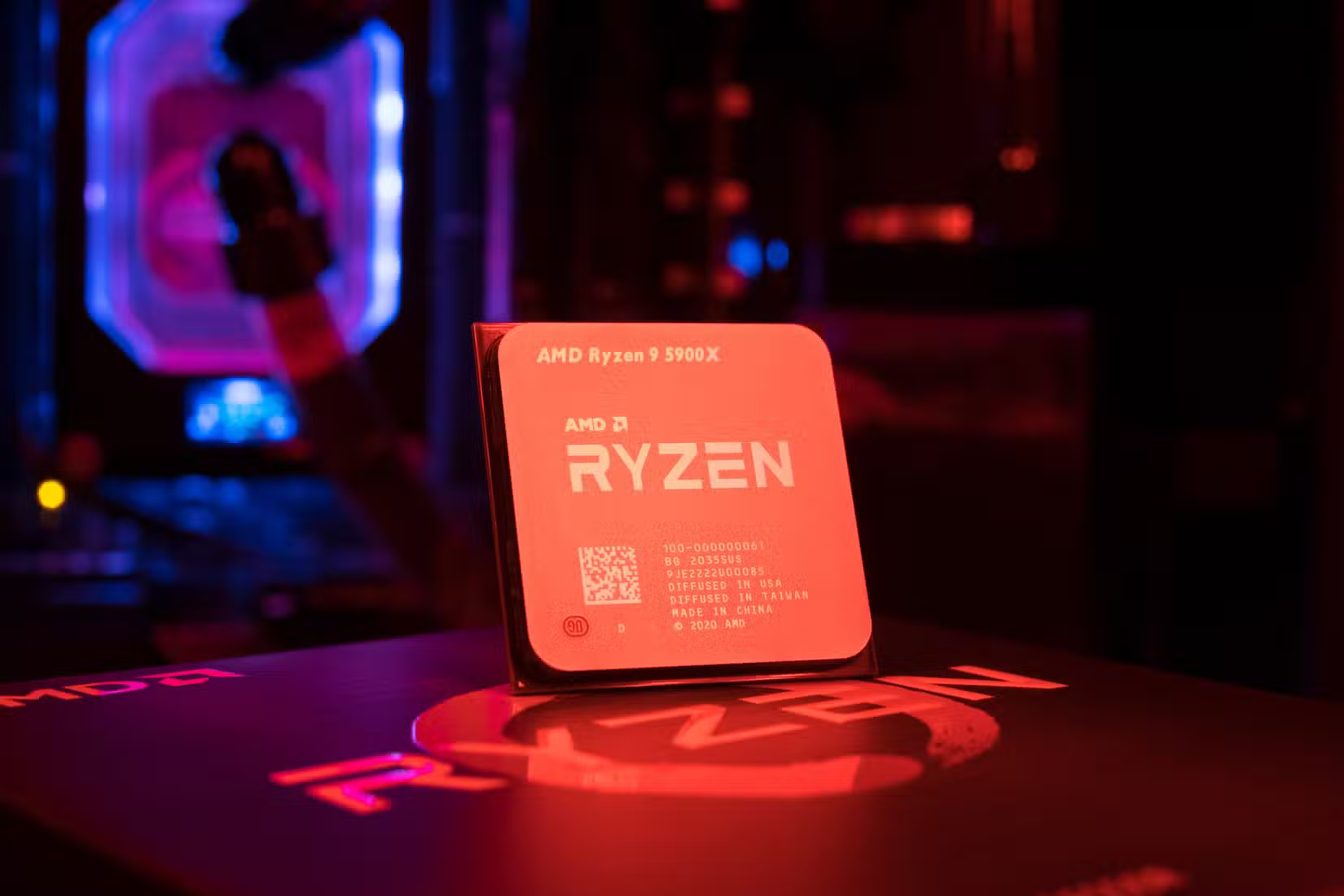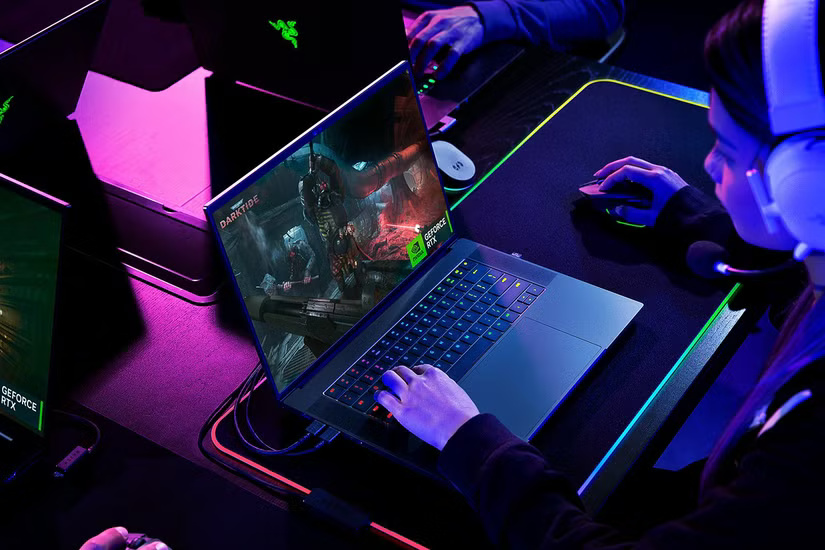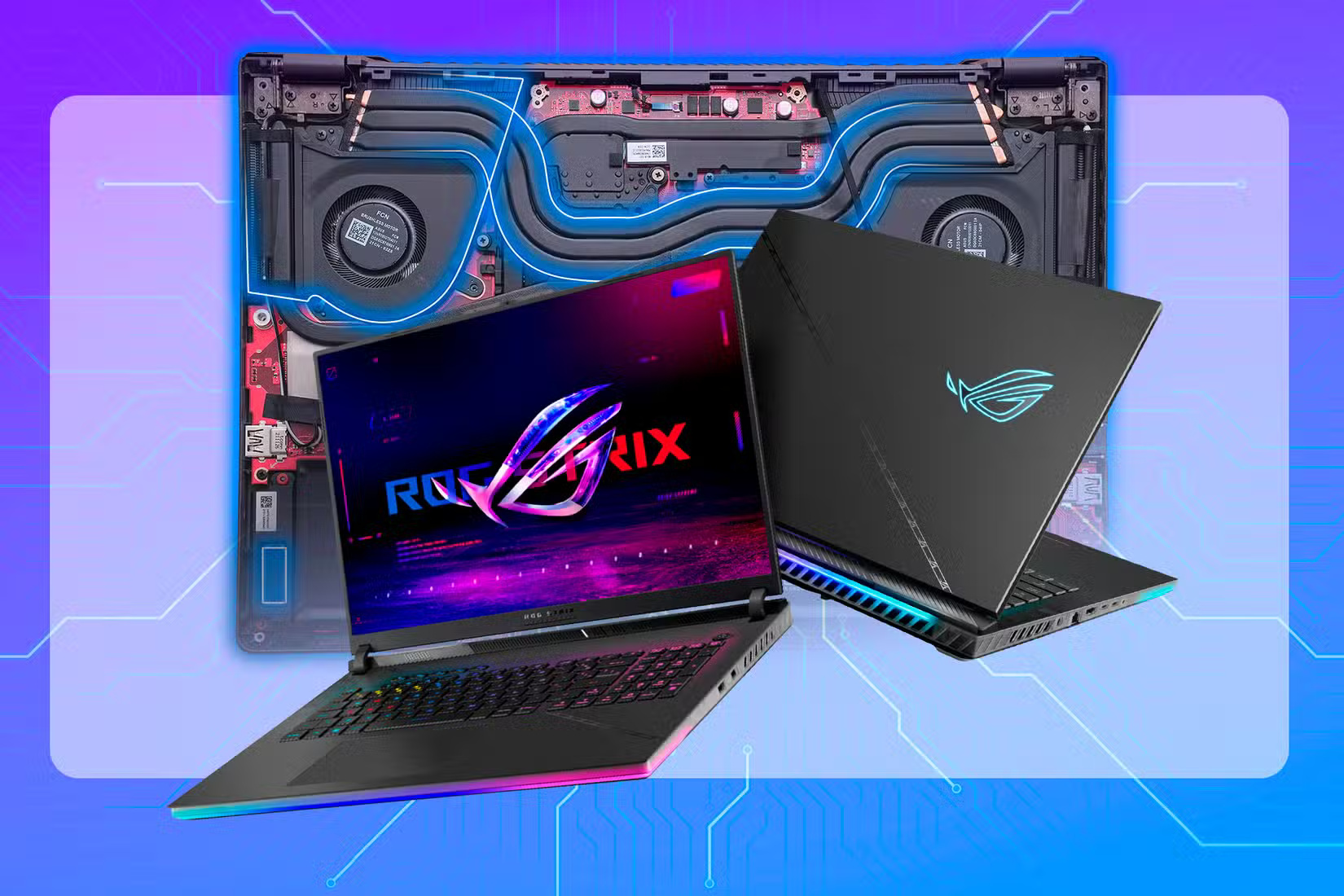The Difference Between AMD Ryzen U, H, HS and HX Laptop CPUs
If you're buying a new laptop, the processor is one of the first things you'll want to consider. Unfortunately, laptop CPU naming schemes are confusing, combining letters and numbers that most people don't understand.
Luckily, with a few tips and tricks, you can understand AMD's laptop naming scheme and find the right CPU for your new machine.
AMD Ryzen U: Energy-efficient laptop chip

AMD Ryzen U is typically the most affordable variant of the chip and has the lowest power consumption. But that doesn't mean you should ignore it, as U, which stands for ultra-low power, offers the best battery life and generates the least heat. That's why you often see U processors deployed in thin and light devices, allowing laptop makers to fit smaller batteries and fewer cooling solutions without sacrificing battery life.
Since U processors are more power efficient than their counterparts, you can stay unplugged and do more for longer periods of time. Also, note that even Ryzen 7 processors come in U variants, meaning gamers and other users who need computing power but don't want to lug around a heavy laptop can opt for something like the AMD Ryzen 7 8840U.
Even some Windows handheld consoles like the OneXPlayer 2 Pro — one of the best handheld consoles to buy in 2024 — use this processor to enable longer battery-powered gaming experiences without compromising performance.
AMD Ryzen HS: Balancing Power and Efficiency

AMD's Ryzen HS processors put more emphasis on performance than their Ryzen U counterparts. However, they still put a premium on battery life. For example, let's compare the AMD Ryzen 5 8640U to the Ryzen 5 8640HS. Both models are essentially the same processor, with the same clock speeds (3.5 GHz base clock, 4.9 GHz boost clock), thread and core counts (12 threads/6 cores), L3 cache size (16MB), and integrated GPU (Radeon 760M).
However, the HS model has a higher base TDP of 20W compared to the 15W of the U model. This allows PC makers to get more performance out of the HS chip while still providing good battery life. You could say that the HS processor is AMD's mainstream offering, allowing it to do almost anything at a slightly lower power-efficiency price point than the U chip.
AMD Ryzen H: For those who need more performance

If you want performance over battery life and power efficiency, go with a Ryzen H processor. Processors with this designation will require more power, with TDPs of up to 54 watts. For this reason, don't expect to find Ryzen H chips in thin and light laptops. Instead, you're more likely to find them in bulkier gaming laptops with two or more fans to keep up with the cooling demands of this processor.
This means you can get better performance from your laptop and reach higher clock speeds due to improved cooling and increased power delivery. However, this means your laptop will have significantly less battery life, meaning you'll be plugged in most of the time, especially when pushing its performance to its limits. This may not be a big deal, though, as the discrete GPU in your gaming laptop can consume more power than the AMD Ryzen H processor it houses.
AMD Ryzen HX: All-around Power

While AMD Ryzen H packs a lot of performance, it lacks something you can only get on HX processors: Overclocking. This allows laptop manufacturers to push the performance of their systems, allowing you to get higher clock speeds than comparable processors.
Of course, higher clock speeds mean higher power consumption and more heat, so the laptop will need a larger chassis to accommodate the larger battery. It will also have a more robust cooling system to prevent thermal throttling.
We can compare the AMD Ryzen 9 6980HX and 6980HS to see the difference. Both processors have 8 cores and 16 threads, but the HX processor will have a higher boost clock of 5.0 GHz (compared to 4.9 GHz on the HS chip). It also has a higher TDP of 45 watts, 10 watts higher than the HS chip's claim.
AMD Ryzen HX3D: Designed for gaming laptops

If you're an AMD fan, you've probably heard of the company's legendary X3D processors with 3D V-Cache. This feature provides 3x more L3 cache than other non-X3D AMD processors, which speeds up gaming. So if you're a serious gamer and want to carry your gaming laptop with you, look for one with the HX3D branding.
Note that there is only one HX3D processor available right now: the AMD Ryzen 9 7945HX3D. Because of the thermal and power requirements, laptops with this chip will be large and bulky. For example, there are only two laptop models with this processor: 16- or 17-inch. This means they are big, bulky machines that you don't want to carry around with you all the time.
You should read it
- ★ Top best CPU for PC 2020
- ★ AMD Ryzen 5 3600X Review: Great multi-threaded support, overclockable
- ★ Will AMD make last-minute changes to 'save' the Ryzen 9000 CPU line?
- ★ AMD announced the Ryzen 3 3300X and Ryzen 3 3100 CPUs for desktops
- ★ AMD Ryzen Master stops supporting Threadripper and Ryzen 1st and 2nd generation CPUs, users take note!